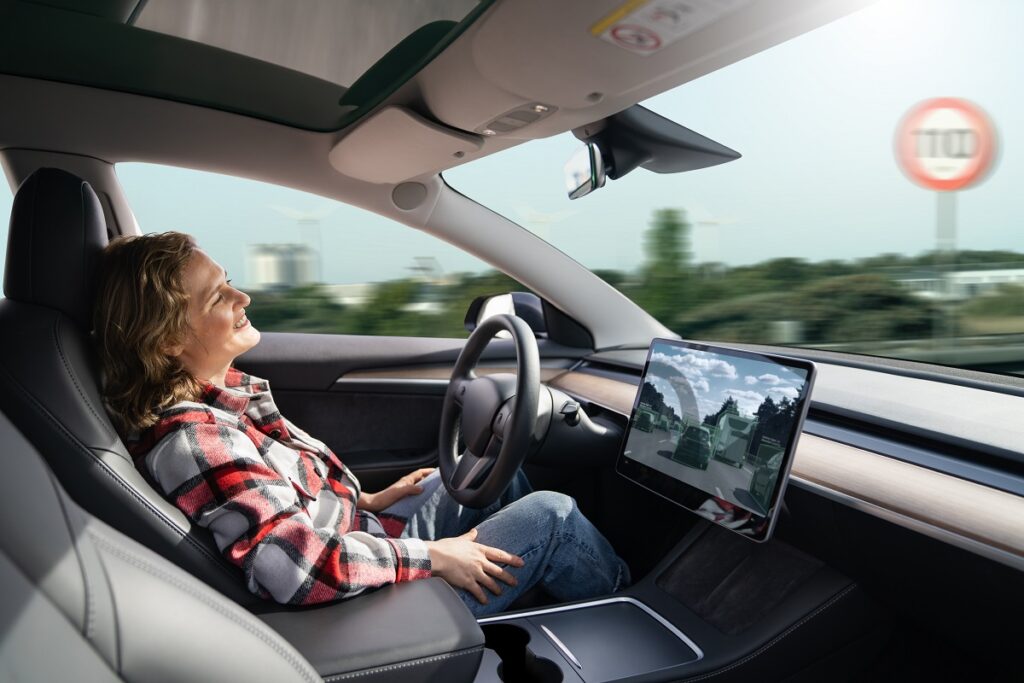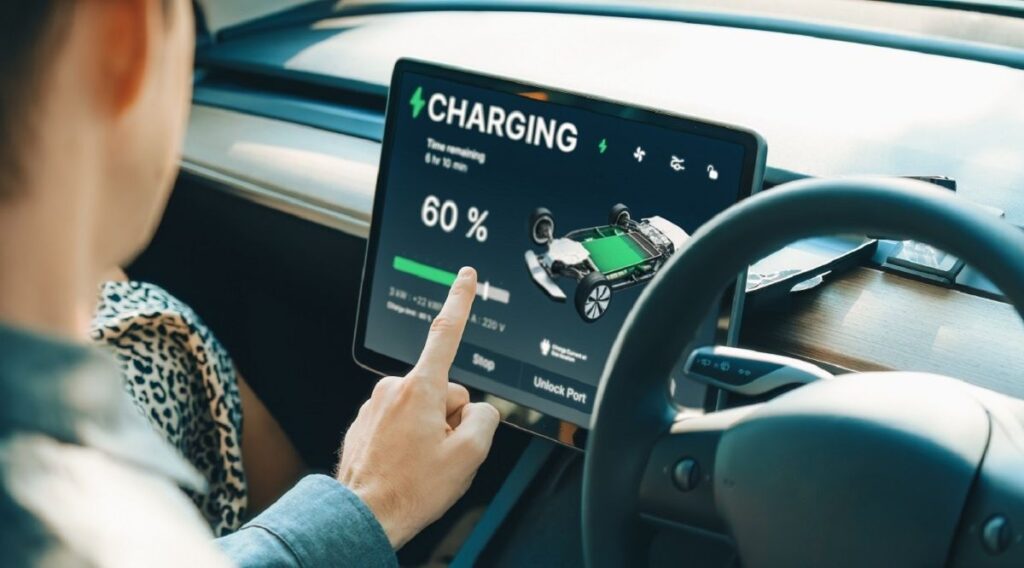Driverless cars have been touted as the future of transportation, but several challenges and issues suggest they might not be as imminent or revolutionary as some believe. Here are eight reasons why driverless cars might not be the future.
1. Technical Challenges
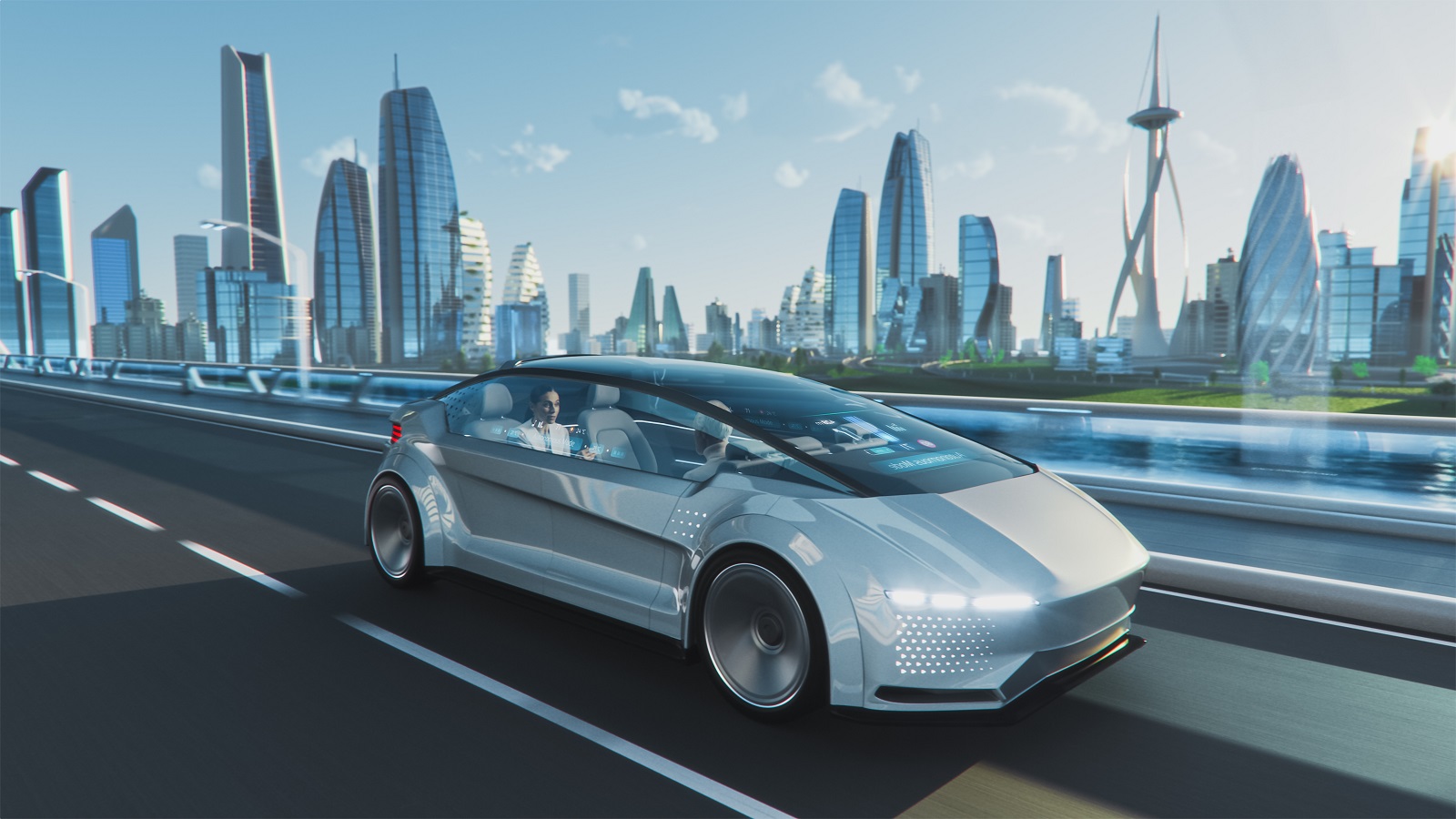
Developing fully autonomous vehicles is incredibly complex. Current self-driving technology struggles with scenarios that require human judgment, such as navigating through heavy rain, snow, or construction zones. Even advanced systems like those from Tesla and Waymo have faced difficulties in ensuring safety in all driving conditions.
2. High Costs

The development and deployment of autonomous vehicle technology are extremely expensive. The costs of sensors, cameras, and LIDAR systems add significantly to the price of vehicles, making them unaffordable for many consumers. Additionally, ongoing maintenance and updates to these sophisticated systems can be costly.
3. Regulatory Hurdles
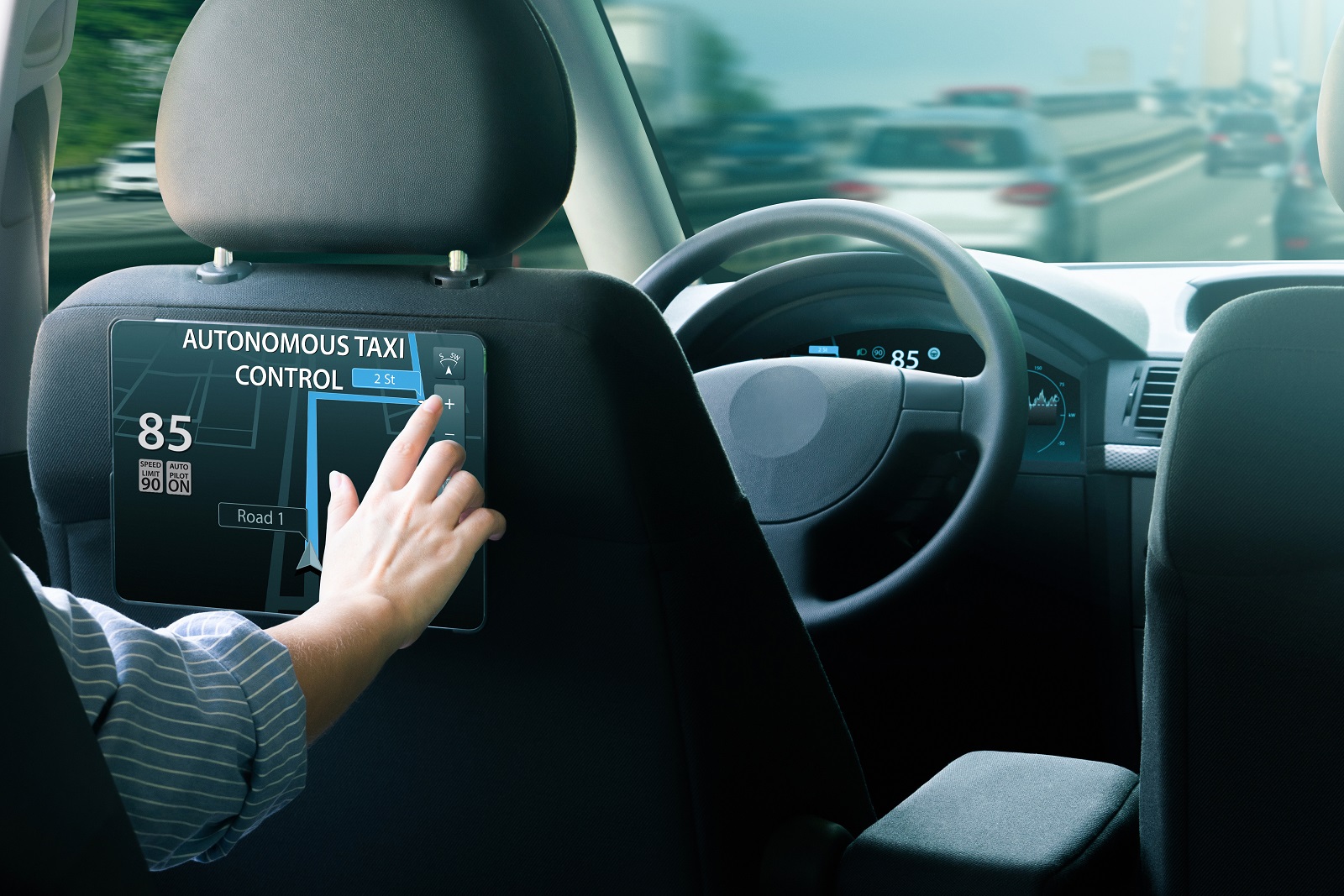
Regulations for driverless cars vary widely between regions, creating a complex legal landscape. Many countries and states have yet to develop comprehensive laws that can adequately address the unique challenges posed by autonomous vehicles. This regulatory uncertainty can delay widespread adoption.
4. Safety Concerns

Despite advances in technology, driverless cars are not yet foolproof. There have been several high-profile accidents involving autonomous vehicles, raising concerns about their reliability and safety. The technology needs to improve significantly before it can be trusted to operate without human intervention.
5. Ethical Dilemmas
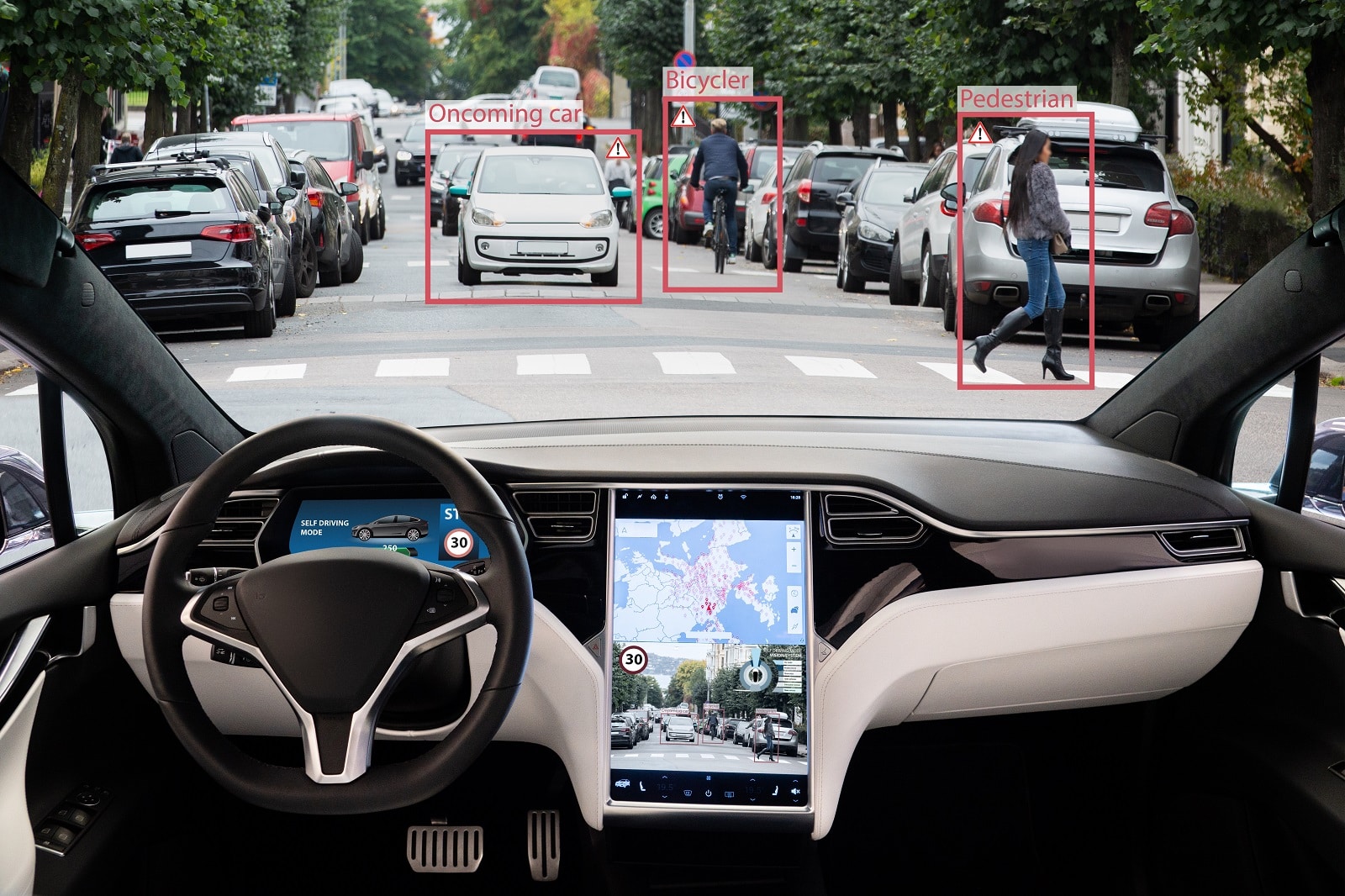
Driverless cars introduce significant ethical dilemmas, such as how to program vehicles to make decisions in life-threatening situations. For example, should a car prioritize the safety of its passengers over pedestrians? These ethical considerations complicate the development and acceptance of autonomous vehicles.
6. Job Losses

The widespread adoption of driverless cars could lead to significant job losses in sectors like trucking, taxi services, and delivery driving. The societal impact of such job displacement could lead to resistance from affected industries and workers.
7. Cybersecurity Risks

Autonomous vehicles are vulnerable to hacking and other cybersecurity threats. Malicious actors could potentially take control of driverless cars, posing risks to public safety. Ensuring robust cybersecurity measures adds another layer of complexity and cost to the development of these vehicles.
8. Consumer Acceptance

Many consumers are still hesitant to trust driverless technology. Concerns about safety, privacy, and the overall user experience mean that widespread consumer acceptance is far from guaranteed. Surveys indicate that a significant portion of the public remains skeptical about the benefits and reliability of autonomous vehicles.
The Road Ahead

While driverless cars offer exciting possibilities, significant obstacles remain. From technical and regulatory challenges to safety concerns and societal impacts, there are many reasons why autonomous vehicles might not become the dominant mode of transportation in the near future. It’s crucial to address these issues comprehensively before fully embracing a driverless future.
Featured Image Credit: Shutterstock / Scharfsinn.
For transparency, this content was partly developed with AI assistance and carefully curated by an experienced editor to be informative and ensure accuracy.`
